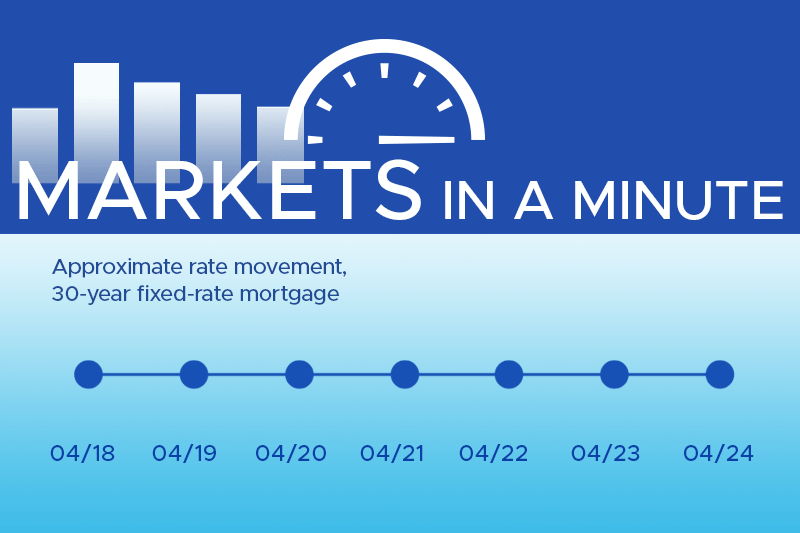At Thompson Kane, we stay ahead of shifting market trends so you don’t have to.…
Mortgage Payment Breakdown: Understanding Principal, Interest, Taxes, and Insurance (PITI)
Thompson Kane’s lending team knows that understanding your mortgage payment breakdown is essential. In fact, it’s crucial for gaining control over your finances as a homeowner. In this guide, we’ll break down the four main components of your mortgage payment: Principal, Interest, Taxes, and Insurance (PITI). We’ll also discuss how setting up or opting out of an escrow account can impact your monthly payment.
Understanding the 4 Components of Your Mortgage Payment: PITI
1. Principal
The principal is the core amount of your loan that goes directly toward paying down the balance you borrowed. If you took out a $300,000 mortgage, the principal starts at $300,000. Over time, as you make payments, the principal balance decreases. Paying extra on the principal, when possible, can be a powerful strategy for building equity faster and reducing your total interest over the loan’s life.
2. Interest
Interest is the cost of borrowing money from your lender. Your interest rate is determined by several factors, including your credit score, loan type, and market rates. Early in your loan term, the interest portion of your payment is typically higher. However, as you pay down the principal, the interest amount decreases. This structure allows for early tax benefits from mortgage interest deductions. Making extra payments on your principal can also reduce your overall interest costs, since interest is calculated based on your outstanding loan balance.
3. Taxes
Property taxes are paid to your local government, funding public services like schools and emergency services. Property tax rates vary by location and can increase over time. Many homeowners have these taxes included in their monthly mortgage payment through an escrow account. If you choose to have taxes escrowed, your lender collects these funds monthly and pays the tax bill on your behalf.
4. Insurance
Homeowner’s insurance protects your property in case of disasters, theft, or accidents. Like taxes, insurance payments can be part of your monthly mortgage through an escrow account, or you can choose to pay them directly to your insurance provider. Some loans also require private mortgage insurance (PMI) if your down payment was less than 20%, adding to your monthly payment until you reach a certain loan-to-value ratio.
Escrow Accounts: How They Affect Your Mortgage Payment
For many homeowners, it’s convenient to include property taxes and insurance as part of the mortgage payment through an escrow account. Here’s how it works: each month, your lender collects a portion of your tax and insurance costs along with your principal and interest. These funds go into an escrow account, from which your lender pays the tax and insurance bills on your behalf when they’re due. It’s easy to estimate what an escrow account will add to your monthly mortgage payments. Simply add the annual property taxes and insurance estimate for the home together, and divide that sum by 12.
Why Many Homebuyers Choose an Escrow Account
An escrow account is often required by lenders if you have a lower down payment or are viewed as a higher-risk borrower. Even if it’s optional, many buyers find it easier to budget with an escrow account because they don’t need to worry about saving for large, lump-sum payments. Additionally, having an escrow account can help you avoid late fees or missed payments on taxes or insurance, which could put your home at risk.
Why Some Homebuyers Opt Out of an Escrow Account
If you’ve made a down payment of 20% or more, you may have the option to waive escrow and manage your property tax and insurance payments independently. For buyers who prefer more control, opting out of escrow allows you to handle these bills on your own schedule. However, this option also requires consistent planning to ensure funds are available when payments are due. If you’re considering opting out, discuss the potential impact on your mortgage terms with your loan officer. Waiving an escrow account may impact your interest rate and other mortgage terms.
Choose the Right Mortgage Payment Setup for Your Needs
Understanding your mortgage payment breakdown can help you make informed financial decisions. Whether you’re exploring options to save on interest or looking for guidance on setting up your mortgage, Thompson Kane can help. Our loan officers are ready to answer your questions and help you make the best choices for your financial future. Contact us today to get started!






